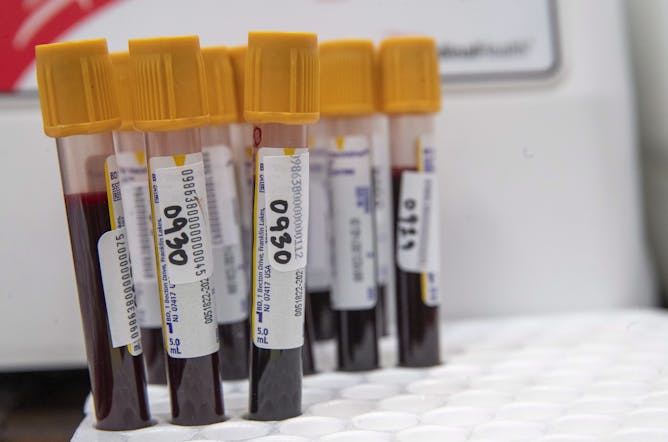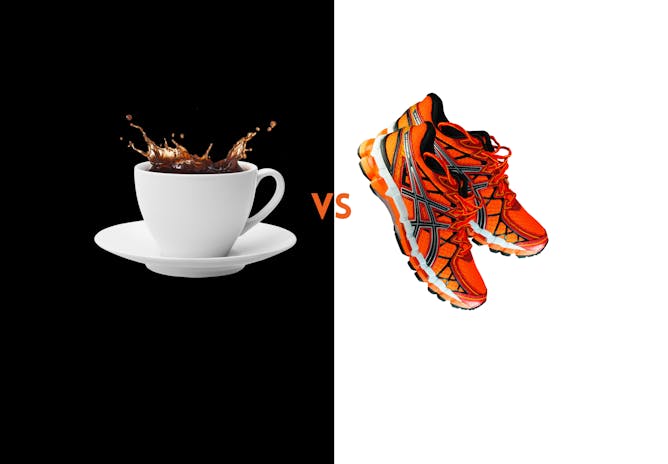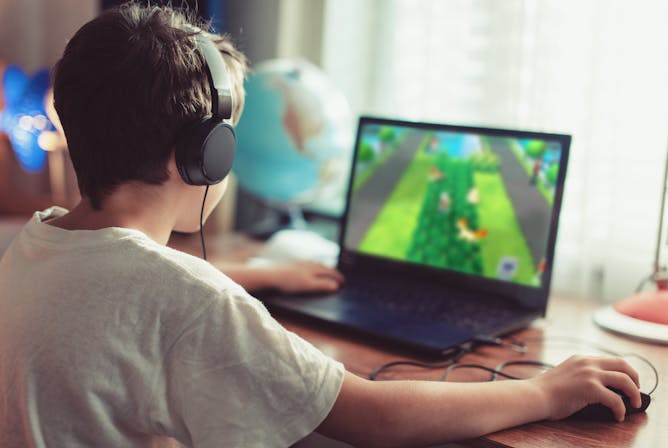|
The current attention focused on antibody tests and immunity passports suggests they might be the answer to safely returning to normal life, but it might not be that simple.
When a body is exposed to a new pathogen, part of the response launched by the immune system is the production of specific antibodies, which are present in blood after infection. The reason everyone is so interested in antibody testing is because for many diseases, antibodies indicate immunity to that pathogen. However, it’s not yet clear whether SARS-CoV-2 antibodies confer immunity to COVID-19.
So what can antibody tests tell us, and where can we go with an immunity passport? And what are the alternatives if antibody tests don’t tell us what we need to know? Today in The Conversation Canada, immunologists Shayan Sharif and Byram Bridle of the University of Guelph share insights into the promises and pitfalls of antibody testing.
Also today:
Regards,
|

It’s not yet clear whether antibodies in the blood of patients who have been infected with SARS-CoV-2 indicate immunity. Above: blood specimens for COVID-19 antibody tests.
(AP Photo/Mary Altaffer)
Shayan Sharif, University of Guelph; Byram W. Bridle, University of Guelph
Immunity to COVID-19 may be complicated. Here are the promises and pitfalls of antibody tests.
|

People gather on the rocks outside the famous Fogo Island Inn, part of a social enterprise aimed at helping local communities hit hard by the collapse of the cod industry.
(Alex Fradkin, courtesy of Shorefast/Fogo Island Inn)
Natalie Slawinski, Memorial University of Newfoundland; Wendy K. Smith, University of Delaware
Social enterprises like the one in Fogo Island, N.L., offer hope in a world turned upside down by the current pandemic.
|

Universities’ funding can’t be judged against metrics such as student employment or salary outcomes over which universities have little control.
(Shutterstock)
Marc Spooner, University of Regina
Albertans expect a draft agreement for performance-based funding for universities — but here's why it should be scrapped.
|

A brisk 20-minute walk can increase energy level, alertness and mood, and improve working memory — with no caffeine side-effects.
(Pixabay)
Anisa Morava, Western University; Matthew James Fagan, University of British Columbia
If you want to boost your energy and mood and feel more alert, get moving instead of getting coffee.
|

Rule changes, training strategies and equipment recommendations can help protect youth athletes from concussion.
(Unsplash)
Carolyn Emery, University of Calgary
Every year, about 10 per cent of youth athletes experience a concussion. Research shows there are steps we can take to help prevent these injuries, but we can't be afraid to make changes.
|

The Joggins Fossil Cliffs in Nova Scotia are a unique and rich site for preserved fossils.
(Gorob)
Arjan Mann, Carleton University; Bryan Gee, University of Toronto; Jason D. Pardo, University of Calgary
A very early mammal ancestor is one of the most recent discoveries at the Joggins Fossil Cliffs in Nova Scotia. This new finding sheds further light on theories of mammalian evolution.
|

Ce n’est pas facile d’être parent et c’est encore plus vrai en période de crise. Certaines règles méritent d’être assouplies en contexte de pandémie…
shutterstock
Jacinthe Dion, Université du Québec à Chicoutimi (UQAC); Evelyne Touchette, Université du Québec à Trois-Rivières (UQTR); Eve Pouliot, Université du Québec à Chicoutimi (UQAC); Mélanie Paré, Université de Montréal; Patrick Giroux, Université du Québec à Chicoutimi (UQAC)
Dans le contexte où les sources de stress augmentent pour les parents et que l’aide n’est pas toujours disponible, la flexibilité et l’indulgence sont incontournables dans la gestion des écrans.
|